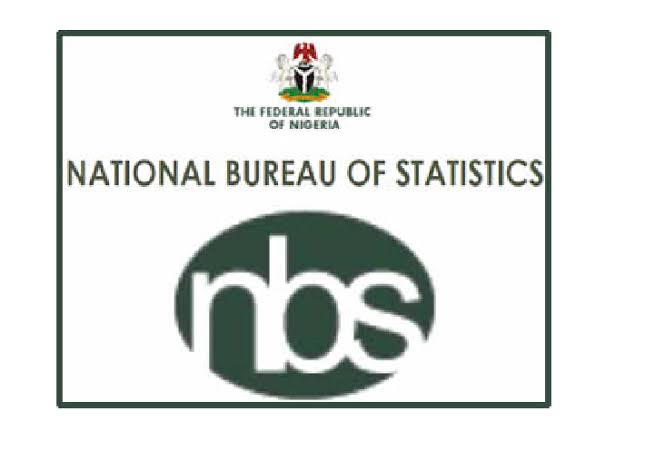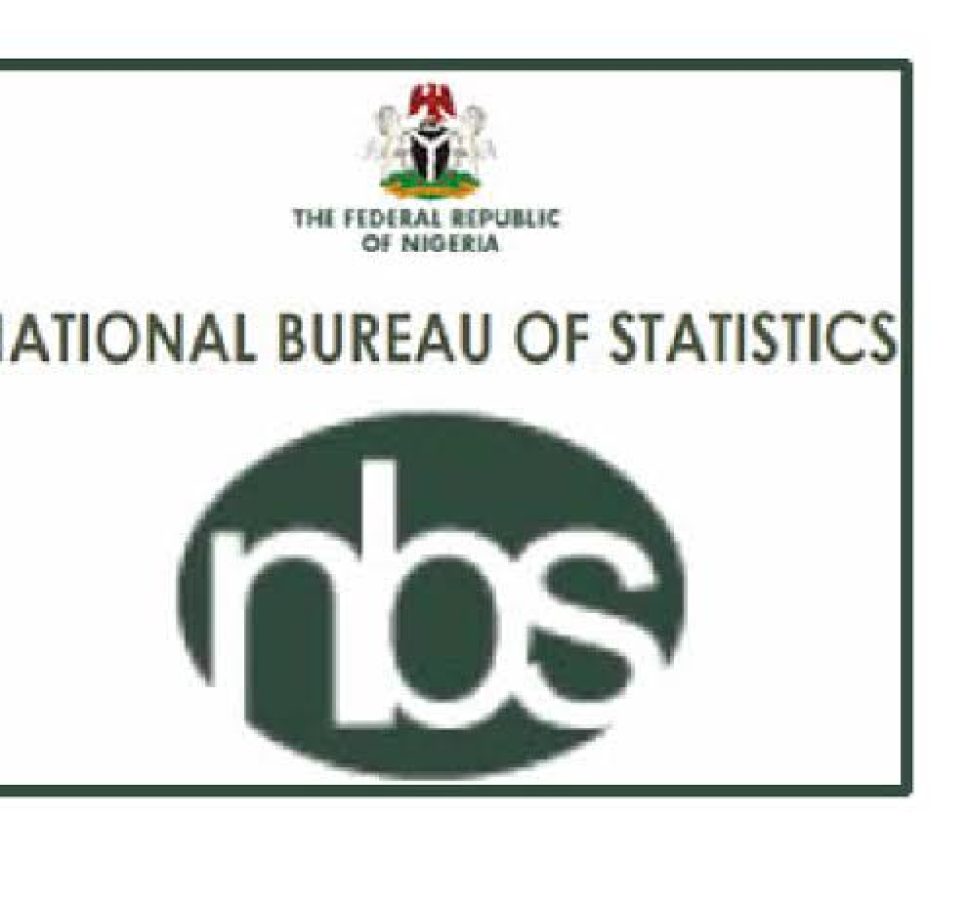
Labour experts are concerned about the high rate of informal employment in the country, which may result in significant tax revenue losses for the government.
Reacting to the National Bureau of Statistics report that stated that 92.6 per cent of individuals employed in Nigeria were involved in informal work in the first quarter of 2023, the labour experts called on the government to formulate policies to migrate more Nigerians to formal employment.
The National Assistant General Secretary of Nigeria Labour Congress, Chris Onyeka, told The PUNCH that having informal employment in the country as high as 92 per cent was an indictment on the government.
He said, “We have been talking about formalisation of the informal sector as part of deliberate policies. That is why we have things like organising the informal sector into unions and extending special investment programmes to the informal sector so as to bring them into the tax bracket. It will also bring them into issues like pension, that is why we talk about micro pension and also deliberate on some of those issues that should penetrate all the sectors of the economy.”
According to him, if NBS is saying 92 per cent is employed in the informal sector, it means that only eight per cent have formal employment.
“It means that the formal sector does not exist in Nigeria. It is what it means from the figures in the NBS report,” he noted.
Onyeka added that there was a need for the NBS to improve public perception of its data because “if people do not believe the data, they are releasing to Nigerians, it becomes useless”. “They should ensure due diligence in the figures they are dishing out to ensure that it conforms to the present reality,” he remarked.
Also, in an exclusive interview with The PUNCH, the General Secretary of the Federation of Informal Workers of Nigeria, Mr Gbenga Komolafe, said, the NBS assessment was correct as the country had been relying on the World Bank estimate that put Nigeria’s informal employment rate at 80-82 per cent.
“We have not really had any authoritative measurement of the share of informal work to the employment market generally on labour market,” he stated.
According to him, Lagos State, the country’s most industrialised and most commercial metropolis, is also estimated to have 75 per cent informality.
“So, if Lagos State is 75 per cent informal, we can imagine the percentage in Osun, Sokoto or Ekiti State, where there is no serious organised private sector,” he reasoned.
However, Komolafe urged the NBS to give a breakdown of the parameters and factors which it used to define unemployment in the country.
NBS, in a report titled “Nigeria Labour Force Survey”, indicated that 92.6 per cent of individuals employed in Nigeria were involved in informal work, including agriculture.
The report further stated that 89.4 per cent of employed individuals were engaged in informal employment when excluding agriculture.
It stated that Nigeria’s unemployment rate was 5.3 per cent during Q4 2022, declining to 4.1 per cent in Q1 2023.
The statistics agency had put the country’s unemployment rate at 33.3 per cent in 2020.
It explained that the country’s unemployment rate lowered to 4.1 per cent due to a re-evaluation of the methodology it employed.






